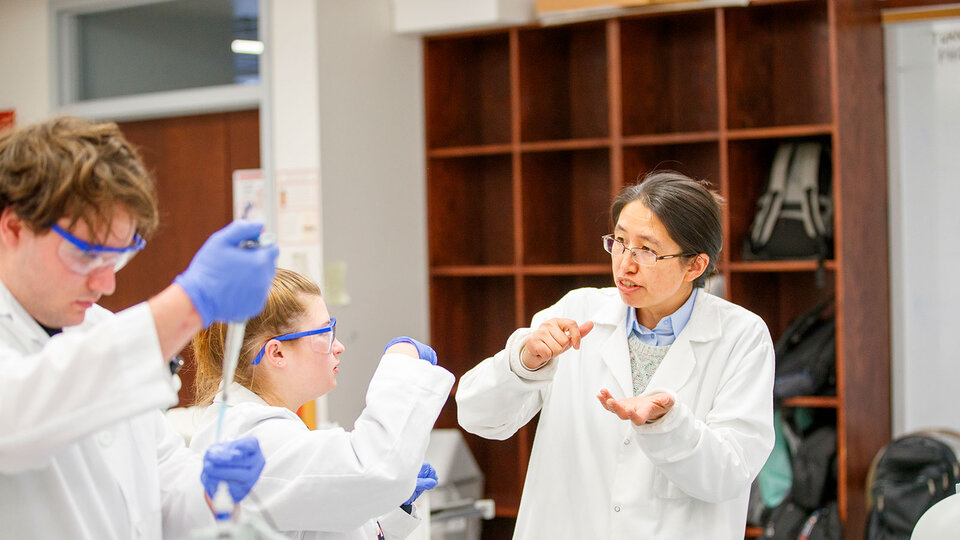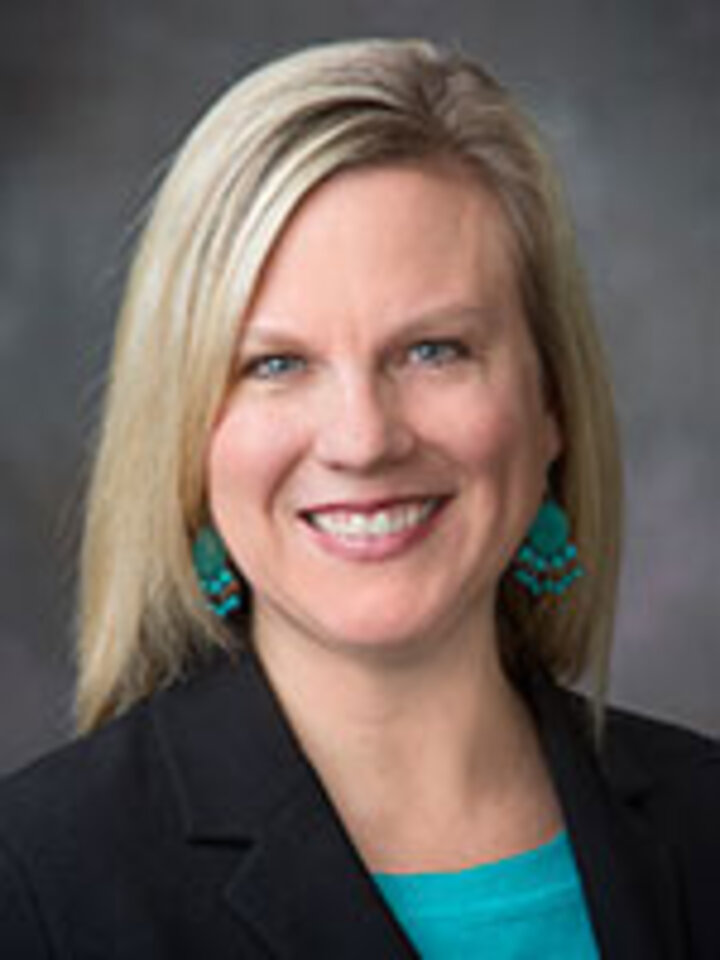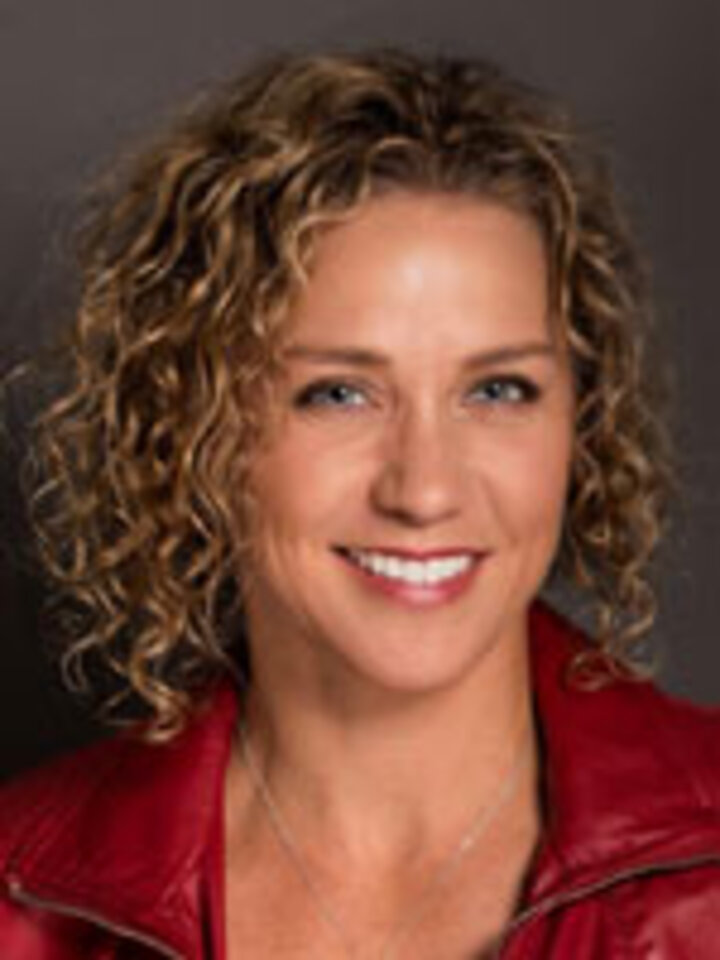Content
Faculty-led Inquiry into Reflective and Scholarly Teaching (FIRST), formerly known as the Peer Review of Teaching Project, is a professional development program that provides a model for how you can document, assess, and make visible your teaching and your students’ learning. Even if you value and support excellence in teaching, it is often difficult to capture the intellectual work of your teaching in a form that can be conveyed easily to others. This year-long program supports faculty in documenting learning through workshops, writing retreats, small group discussions with peers, and general discussions about pedagogy.
The FIRST Approach
The FIRST program, formerly known as the Peer Review of Teaching Project, is a powerful form of professional development for your teaching that offers many benefits, as the more than 500 UNL faculty who have participated can attest.
First-Year Program
The course portfolio you develop in the first-year program is founded on sound, evidence-based pedagogical processes and can be used to engage other instructors in your area, inform departmental curriculum, provide evidence of teaching reflection for tenure and/or promotion files, and supplement materials for teaching awards and recognition. Further, the program provides opportunities to discuss matters of teaching in a constructive and supportive climate with colleagues across disciplines.
Advanced Program
The Advanced Program provides you an opportunity to pursue your teaching from a Scholarship of Teaching and Learning (SOTL) approach with a close-knit community of inquisitive teaching scholars. Past participants have presented their projects at conferences, published manuscripts based on their projects, and won teaching innovation awards for their ideas.
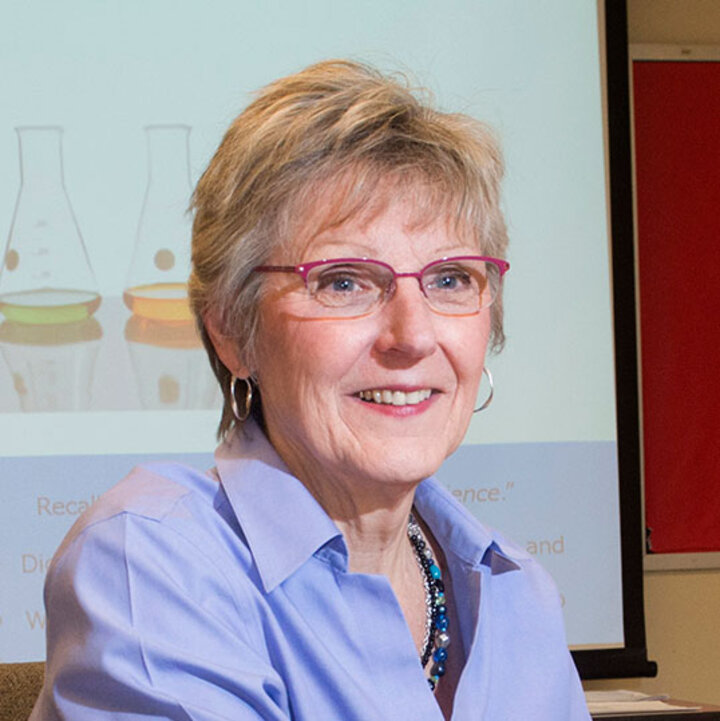
Christine Marvin, Ph.D.
"By reorganizing the goals of my course, developing rubrics for evaluating student work, and assessing my classroom activities, I now have a focused approach for linking my teaching to my students’ learning."
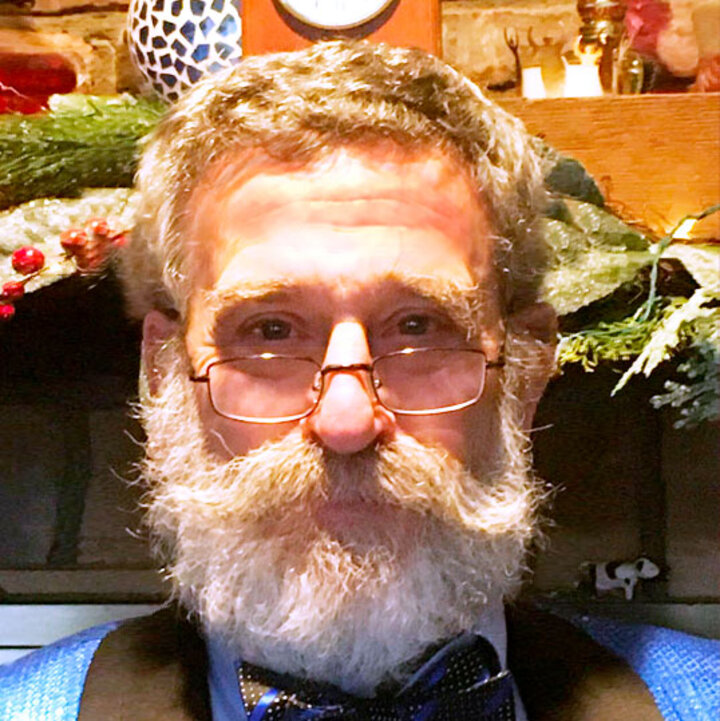
Stuart Bernstein
"My participation in the project has given me a fundamental understanding of how to determine my course goals and outcomes before developing the actual syllabus. I have been inspired to work with my department colleagues to create goals and outcomes for all our courses."
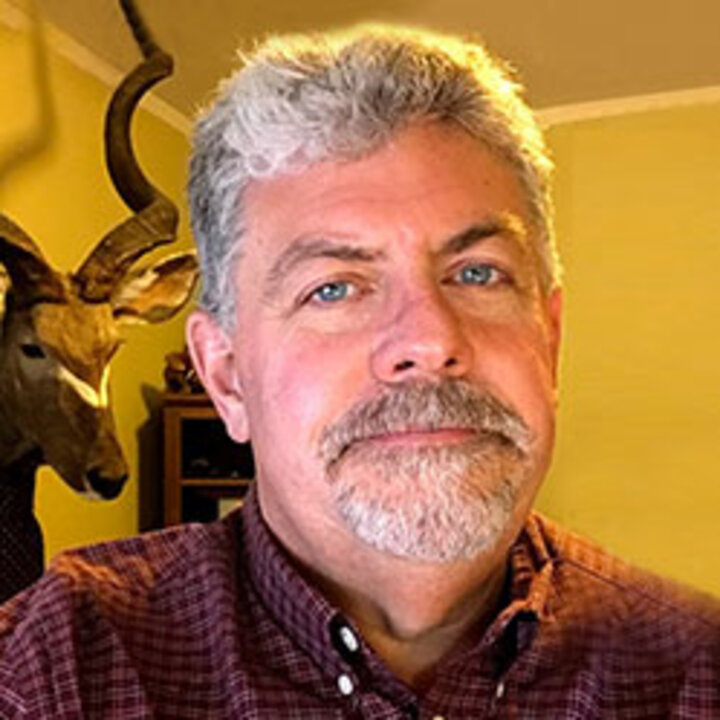
Larkin Powell, Ph.D.
"By participating in the project, I have added lectures, discussions, and activities that are directly tied to course objectives, and I better monitor student groups."
How to Participate
Whether you are a successful teacher who seeks to document the impact of your teaching, improve your teaching of a particular course, or investigate a particular issue in your teaching, FIRST is for you.
